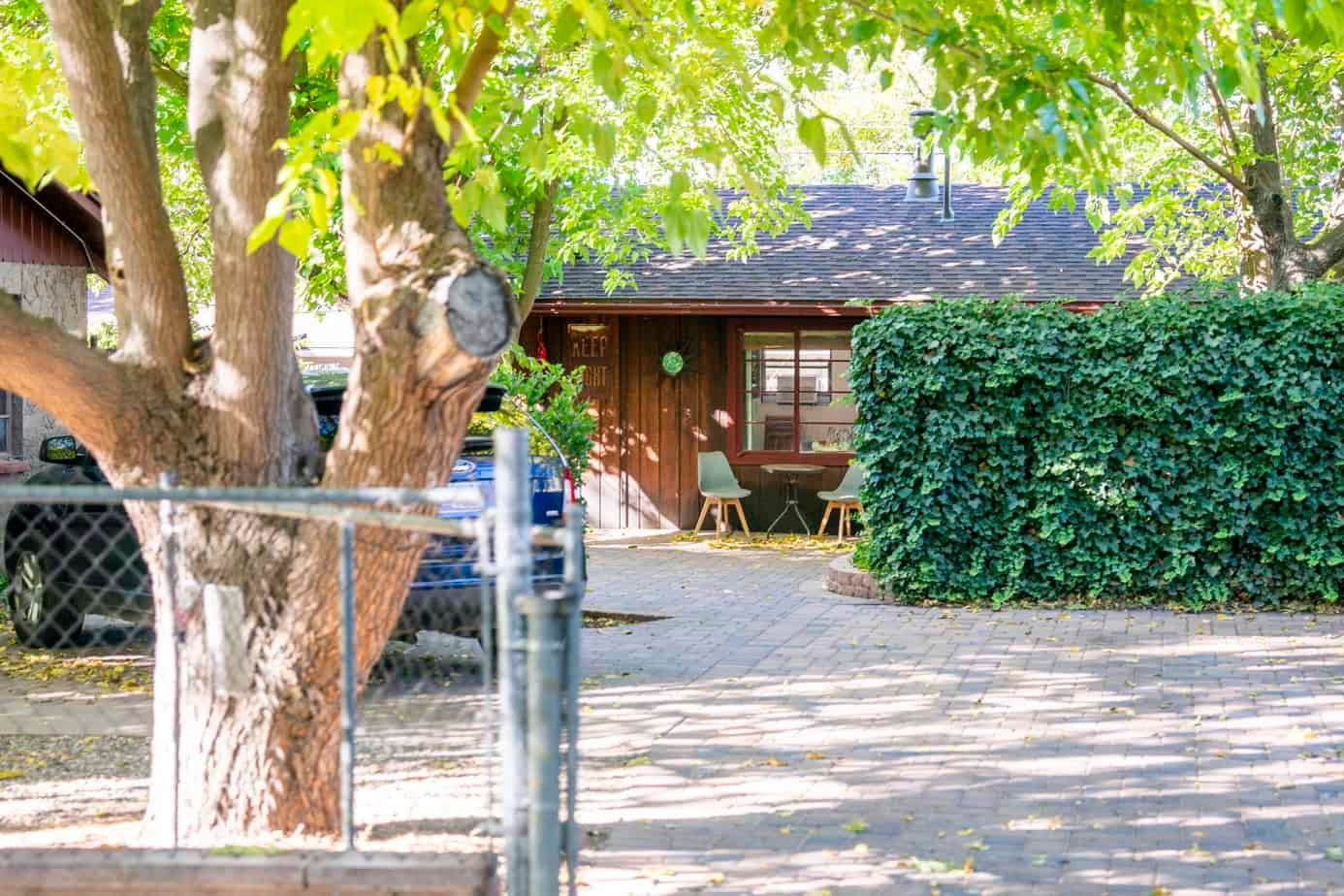ADUs
Council Eases ADU Regulations While New Rules Set to Launch January 1

The Sedona City Council is updating local laws regarding accessory dwelling units (ADUs) to align with new state regulations. This process began during their meeting on November 12, as the changes are set to take effect on January 1.
The council unanimously approved modifications to the Land Development Code. Notable changes include the reclassification of “guest quarters” to ADUs, the removal of kitchen prohibitions in guest houses, and the relaxation of architectural compatibility requirements. A key stipulation states that owners can only use their ADUs as short-term rentals if their primary residence is also on the property, they live there six months or more each year, and their vehicle and voter registration are linked to that address.
Vice Mayor Holli Ploog raised a question about potential housing options, including manufactured and tiny homes. Planning Manager Cari Meyer clarified that as long as structures meet the International Residential Code (IRC) standards, they could be constructed.
According to Community Development Director Steve Mertes, manufactured homes are permitted if they comply with the Arizona Department of Housing’s IRC program. Despite this, Ploog recalled past issues where property owners struggled to get approvals for manufactured homes, emphasizing ongoing challenges. Mertes suggested that some issues arise from property owners not selecting certified homes or from unapproved inspectors.
Councilwoman Kathy Kinsella inquired about the minimum size for compliant homes, to which Mertes noted a small house could be around 200 square feet. Councilwoman Melissa Dunn questioned monitoring regulations for ADUs and the possibility of noncompliance.
In response to concerns about existing ADU violations, Meyer mentioned that future code enforcement cases regarding kitchens added post-inspection would be dismissed. Discussions among council members diverged on the flexibility of ADU restrictions. Some members advocated for a streamlined approach to enhance construction efficiency, while others felt the changes were insufficient. Mayor Scott Jablow expressed reluctance regarding the reforms, citing safety concerns related to owner-installed kitchens.
Public feedback indicated dissatisfaction with the amendments. Trevor Greco, a Colorado resident with property in Sedona, criticized existing obstacles that deter ADU construction, estimating compliance costs between $250,000 and $400,000, which he deemed unfeasible for investors.
Greco’s partner, Marie Benedix, echoed his sentiments, emphasizing the need for affordable housing options in Sedona. She proposed allowing manufactured homes as ADUs within zoning districts already permitting them. Terry Gregory suggested smaller setback requirements to facilitate better placement of ADUs and encouraged reducing permitting costs to promote affordability.
New state legislation, House Bill 2720, restricts municipalities from imposing certain limitations on ADUs. Key prohibitions include denying their use as rental units, mandating familial relationships among occupants, and enforcing excessive parking requirements. These laws are set to take effect on January 1, enabling extensive ADU use in all residential zones in Sedona.
![An image of a Cash Time Loan Centers sign is layered over a photo of an empty suite at Maricopa Business Center on 44480 W. Honeycutt Road in this undated photo. [Equity Sign Group]](https://arizonanews.org/wp-content/uploads/2025/04/New-Quick-Cash-Venture-Set-to-Launch-Next-Door-to-400x240.jpg)
![An image of a Cash Time Loan Centers sign is layered over a photo of an empty suite at Maricopa Business Center on 44480 W. Honeycutt Road in this undated photo. [Equity Sign Group]](https://arizonanews.org/wp-content/uploads/2025/04/New-Quick-Cash-Venture-Set-to-Launch-Next-Door-to-80x80.jpg)
















